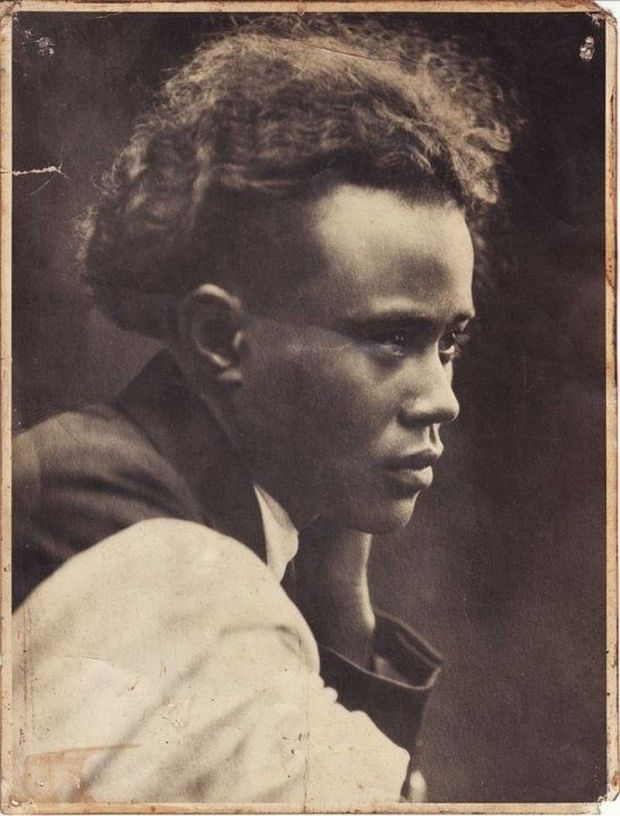French colonies, intellectuals and far-right ideas

Gavid Bowd talks about his article ‘Jean-Joseph Rabearivelo, Charles Maurras and colonial Madagascar’ 24:1 (2016)
What does this article tell your readers about modern and contemporary France?
The article attempts to show the influence of far right ideas on an intellectual in a French colony. Normally, Jean-Joseph Rabearivelo and other francophone writers are presented as being in resistance to colonial rule and, implicitly at least, on the left, ‘progressive’ side of the political spectrum. But Rabearivelo’s political affinities were with Charles Maurras and L’Action française, although this did not prevent him from criticising French policy in Madagascar and expressing solidarity with oppressed people of colour in the British and French Empires as well as the United States. The aristocratic, anti-democratic and even racist tendencies of Rabearivelo are not unique: Maurras greatly influenced Ferhat Abbas in Algeria and Gerard de Catalogne in Haiti. So I attempt to give the reader a sense of the complexity of Rabearivelo – the first major writer of la Francophonie – and, by extension, of other colonised intellectuals. I hope also that it adds to the historical understanding of colonial and post-colonial Madagascar.
What topics and issues do you address? How does your argument build upon or differ from previous arguments in the field?
Firstly, I attempt to give an idea of Maurras’s ideology and, in particular, Action française’s attitude towards the Empire during the Third Republic they so detested. Connected to this is the big debate about assimilation and association of colonial subjects, Maurras and Rabearivelo being in favour of the latter. I was particularly stimulated by Martins Steins’s 1981 doctoral thesis on the ideological antecedents of negritude, which shows how much Leopold Senghor was influenced by another far right thinker, Maurice Barres, and was warmly received in the pages of Action francaise. By showing the ‘blood and soil’ element at work in what Sartre called ‘un racisme anti-raciste’, Steins broke a taboo. His thesis was never published. Like a moth to a post-colonial flame, I decided to apply this approach to Madagascar’s national poet.
What kinds of methodologies did you use?
I draw upon the National Archives of Madagascar in Antananarivo, the Archives Nationales d’Outre-Mer in Aix-en-Provence and the papers of Rabearivelo’s surviving family. To this are added the French and Malagasy press of the time – thankfully conserved by Gallica – and the two-volume Oeuvres completes recently published by Présence Africaine and the CNRS. So the ‘methodology’ is both document and literature-based. The research was kindly supported by the Carnegie Trust.
How did you become interested in Rabearivelo?
I was initiated to Rabearivelo’s excellent work – and tortured world – when invited to take part in a multilingual translation workshop at Stellenbosch University, South Africa, in December 2013. We concentrated on Rabearivelo – un passeur de langues par excellence – and hope to bring out soon a translation of his poetry into English, Afrikaans, Malagasy, Creole and Bantu. I felt that some critical work remained to be done on neglected aspects of Rabearivelo, most notably his political views and ambivalent relationship with the colonial administration, as well as the endless debates over the meaning of his suicide in 1937 at the tender age of 34. Was he un suicidé de la société coloniale or just yet another of the poètes maudits he worshipped? Or both, and/or more? I am currently writing up my research in monograph form.
Hero Image – Jean-Joseph Rabearivelo – from Wikimedia Commons
